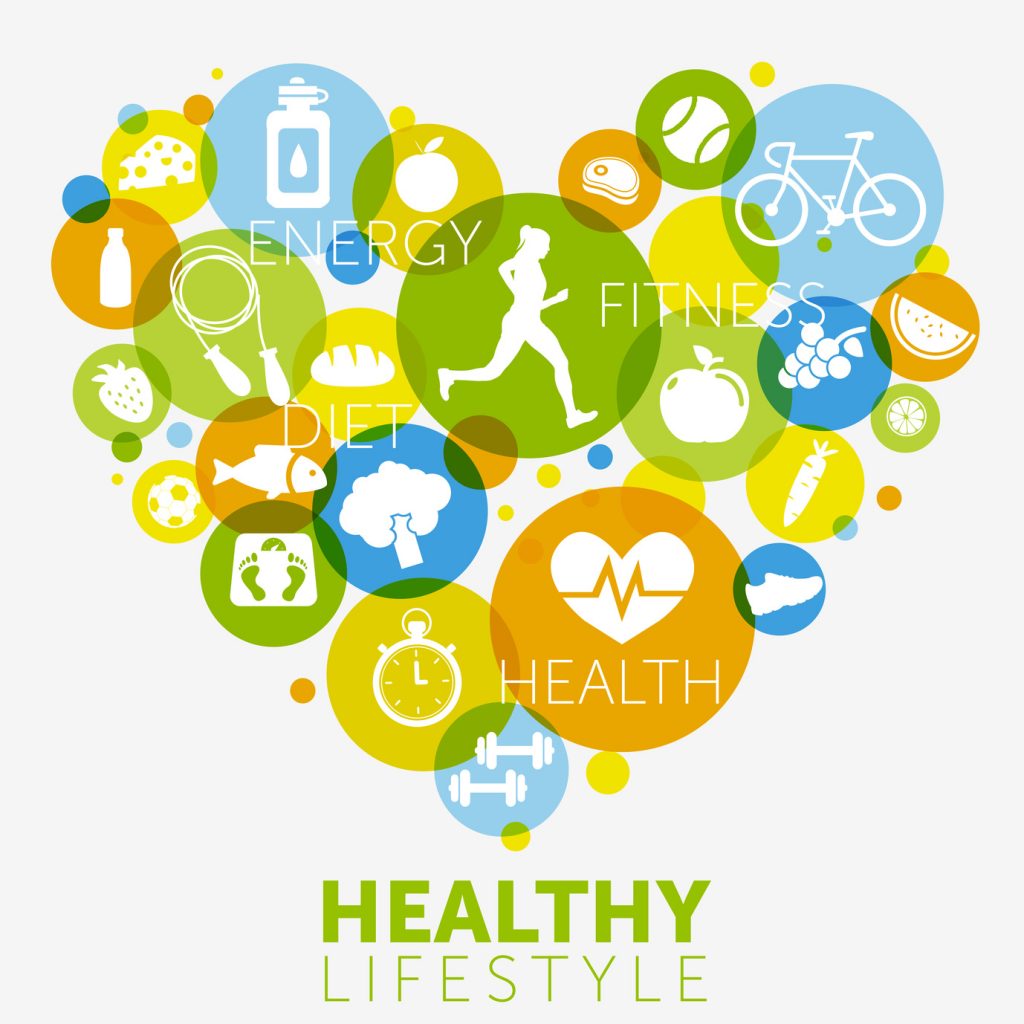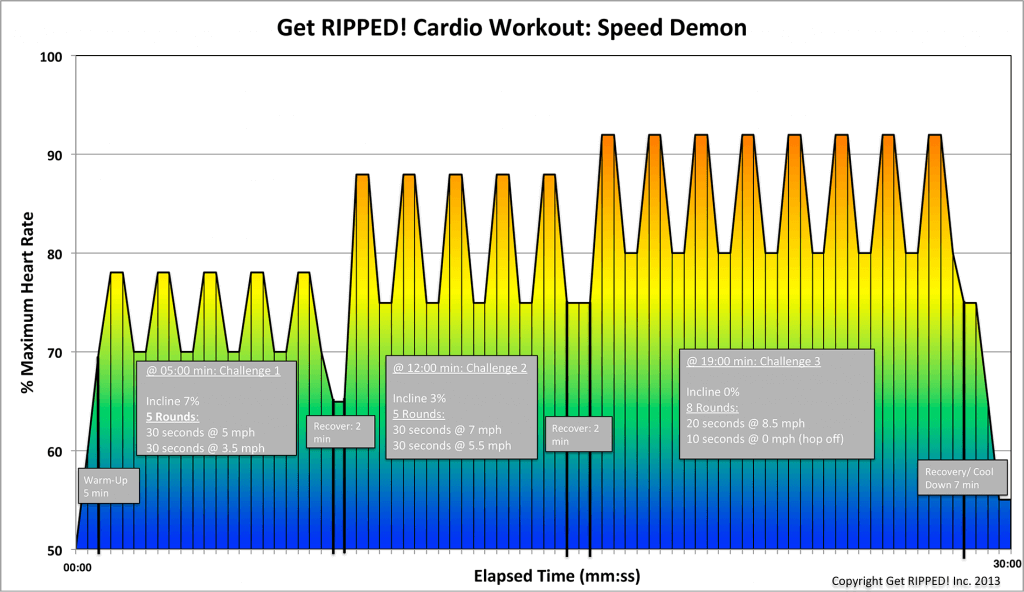Nutrition Tips
Avoid a Heart Attack by Making Healthy Lifestyle Changes
Myocardial infarction, more commonly known as a heart attack, is the world’s leading cause of death. If you are concerned about your current state of health and how it will affect your risk of heart attack, it’s a good time to get on the path to improved overall health. How can you reduce your risk of a heart attack? The truth of the matter is that you will need to develop healthy lifestyle changes, not short-term solutions. Let’s explore a few heart-healthy lifestyle changes that everyone can benefit from.
Learn About Risk Factors
Knowing that cardiovascular disease is the leading cause of death doesn’t mean that you can’t do anything about it. Studies have shown that genetics do play a factor in “hard-wiring” a person’s susceptibility to heart disease. However, you can change my genetic destiny by staying as healthy as possible through a variety of positive and healthy lifestyle changes.
It is equally important to realize that genetics is not the only factor that contributes to a higher risk for heart attacks. Other factors that will increase your risk for heart disease include:
- Previous cardiovascular disease
- Living a sedentary lifestyle
- Smoking or using tobacco
- Eating a high-fat, sodium-rich, and nutrient-poor diet
- Excess weight gain
- Age—men older than 45 and women older than 55 have a higher risk of heart attack than younger individuals.
- Sex—Men are at a higher risk of heart attack than women.
- Diabetes
- High blood pressure
- High triglyceride levels
- Chronic stress
- Using stimulant drugs
- Alcohol abuse
Heart Healthy Lifestyle Changes
Now that you understand some of the risk factors for developing a heart attack, what can you do about it? There are obvious answers to this question, such as eliminating smoking or excessive drinking from your life. Eliminating habits that offer no health benefits and actually undermine the health of your body will decrease the risk of developing a heart attack and a number of other detrimental conditions. Taking these first steps toward your improved health will make it easier to live an active lifestyle and eat a healthy diet, two factors that will also greatly improve your chances of living a full and rewarding life. The following heart-healthy suggestions are effective in reducing the risk of heart attacks:
- Regular Exercise. There is no way around this one. Couch potatoes are much more susceptible to heart attack than people who live active lifestyles. Follow a well-rounded fitness routine that includes cardiovascular exercises such as running, biking, swimming, or cross country skiing. If you are new to exercise, take it slow at first. For example, begin by walking every day until you can cover a good distance without much effort. Next, pick up the pace when you walk and go for a longer distance. In no time, you’ll be ready to take up a more rigorous exercise.
- Healthy Eating. In order to decrease your risk for heart attack, it is imperative to cut down on fatty foods and salt intake. A high fiber, low fat, whole foods diet that includes five portions of fruit and vegetables per day will benefit the health of your heart. Keep in mind that not all fats should be treated equally. For instance, you should avoid trans fats, which tend to clog arteries, but should include omega-3 fatty acids in your diet. Omega-3 fats promote the good HDL cholesterol in your body that is essential for optimal heart health.
- Reduce Your Stress Levels. Stress is an unavoidable fact of life for most people living in today’s busy world. The problem arises when stress becomes chronic. If your life is full of constant worry and anxiety, consider practicing mind-body techniques that will get you on the right track to improved well-being. Yoga is one example that is not only a great exercise for your body, but will also help to improve your state of mind. Individuals who practice meditation once a day report that their stress levels are significantly reduced.
Take the time for yourself to exercise, eat healthy, reduce your stress levels, and make other healthy lifestyle changes. You will not only reduce your risk of heart attack, but are likely to take on a new appreciation for life as you look and feel better.
Source Unknown


